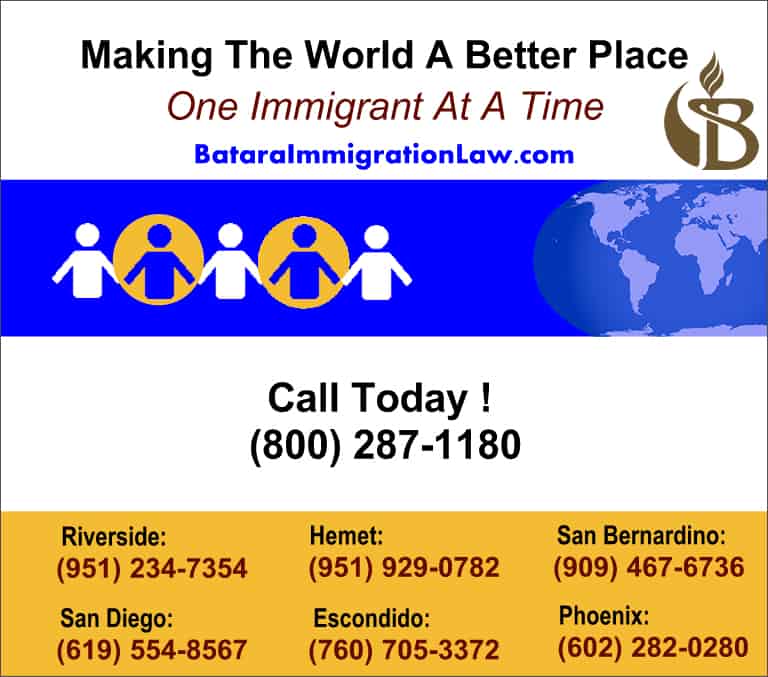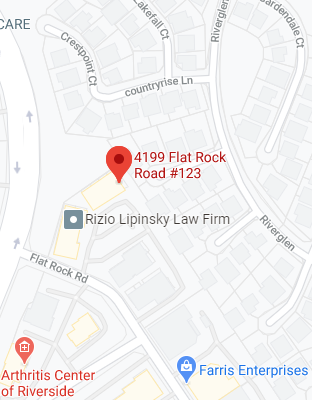
Given the recent decision of Court of Appeals for the Ninth Circuit, is the Temporary Protected Status program over?
Well, no.
But TPS beneficiaries need to start looking into other ways to legalize their immigration status.
Because the termination of TPS for certain countries is closer than ever.
On September 14, 2020, the Ninth Circuit Court of Appeals in Ramos v. Wolf ruled that the Trump administration’s plans to terminate the Temporary Protected Status program (TPS) could proceed.
This decision potentially affects nearly 250,000 individuals from El Salvador, Haiti, Nicaragua, and Sudan who have been beneficiaries of the TPS program – the majority of whom could face deportation from the United States next year.
By agreement between the parties, the order also applies to TPS beneficiaries from Honduras and Nepal — adding another 50,000 plus TPS recipients whose future in this country now faces great uncertainty.
The Deep Family And Community Ties Of Temporary Protected Status Beneficiaries
Equally significant, the decision affects their families.
The vast majority of the TPS beneficiaries affected by the 9th Circuit decision have lived in the U.S. for 10 years or longer.
Many are married to U.S. born spouses.
And according to recent estimates, TPS holders are parents to more than 275,000 U.S. children born in the United States.
This means if the TPS holders are deported, their spouses and children would be forced to choose between staying together as a family unit in a foreign country – which most have never visited. Or remaining in the U.S. separated from their husbands, from their wives, from their parents.
The roots of TPS beneficiaries is not limited to just their families.
Many have deep economic ties.
More than 130,000 of recipients are employed as essential front-line workers.
Deporting them would leave a big hole in the U.S. employment base . . .
At a time when the coronavirus makes such employees critically important to the functioning of the national economy.
The end of TPS won’t be immediate.
New law suits are being planned. The final decision whether the government can continue forward with its current efforts to end TPS is still several months away.
But TPS holders should not delay looking into a Plan B.
As a TEMPORARY program, TPS for each country can and will end someday.
And when TPS ends?
Planning Ahead Is Crucial To Permanent Residence Success For TPS Families
Even if the Trump Administration’s plans to terminate TPS go into effect – deportation does not need to follow.
There are possible roads to legalization.
However, planning ahead – PLANNING NOW – is crucial.
For instance, at present, within the Ninth Circuit, a TPS approval – old or new – constitutes a lawful admission.
For many TPS holders, this allows them to apply immediately for permanent residence if they are married to U.S. citizens.
Although I anticipate the government will challenge this legal interpretation – if and when TPS is ended – I also believe the termination of TPS won’t directly offset this path to a green card.
Plus, there are at least eight options to legalize the status of TPS holders.
If TPS ends, beneficiaries who are called into immigration court could possibly mount a strong defense against deportation based on cancellation of removal, asylum, and other immigration programs.
These possibilities will depend on your circumstances.
Again, an important key is to learn your options now.
Get ready for doomsday if it happens.
Maximize your chances for defeating deportation and winning a green card by PLANNING AHEAD.
As my mother often advised me, it’s better to be safe than sorry.
That reasoning definitely applies to TPS beneficiaries today.
Recommended Reading:
Ready to take a serious and honest look at the strengths and weaknesses of your immigration case? Let’s get started with a personalized strategy and planning session . . .
Here's How It Works
1
Call Our Office
Immigration law doesn’t have to be confusing. You don’t have to live in fear of being deported and separated from your family. A comprehensive 30-minute Strategy And Planning Session will take the stress out of not knowing your options first-hand.
2
Meet With Carlos
Every case is unique. We refuse to take cookie-cutter approaches to your case. After we discuss the ins and outs of your immigration and family situation, Carlos will outline your chances for success and how to overcome obstacles standing in your way.
3
No Pressure - No False
Promises
Hiring a lawyer is a big investment, and we will not pressure you to hire us or push you into a plan you don’t understand. If we cannot help you, we will tell you. We will not take your case, unless we believe we can make a difference for you and your family.




